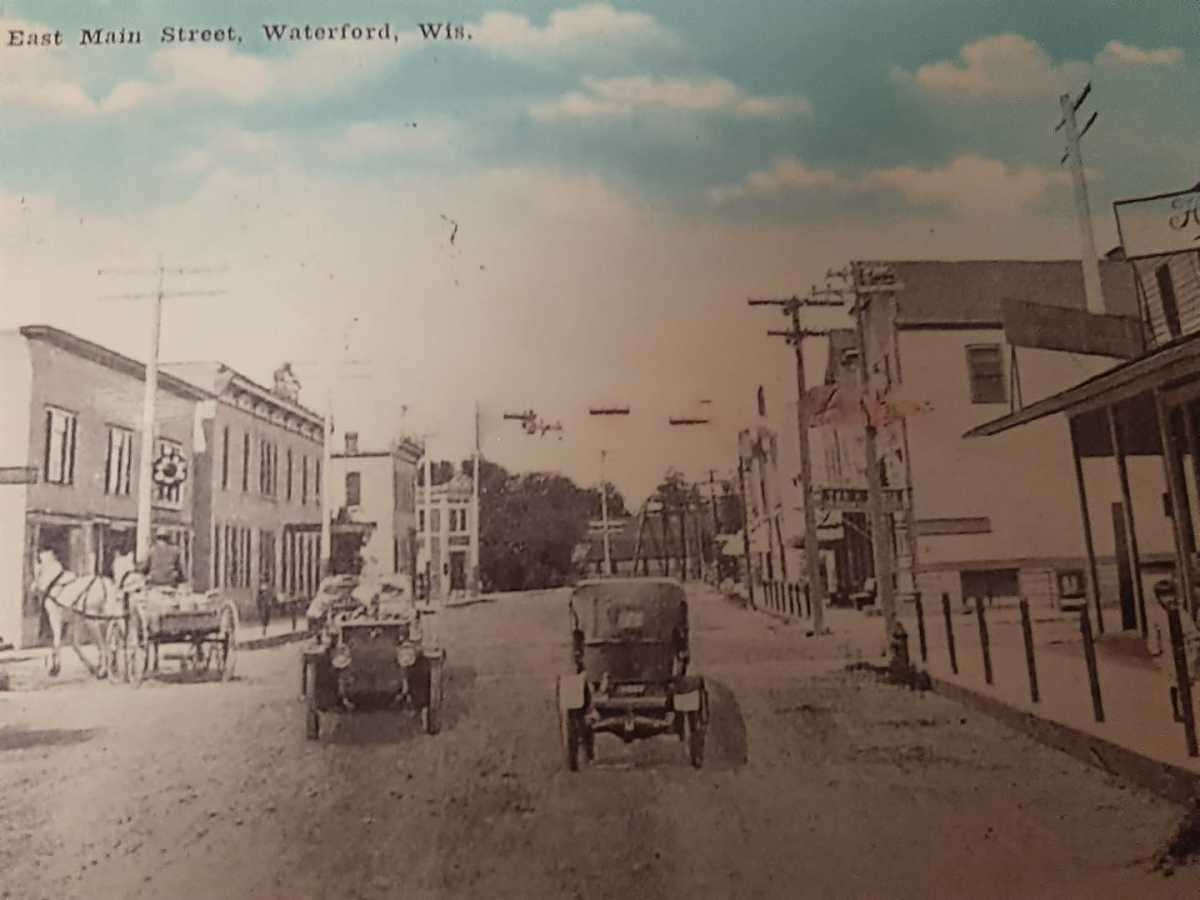Your Disobedient Servant and Waste Away
The Google Project
The Google project to make available out of print books has been controversial, but brings with it the possibility of ready access to books that are well worth reading.
Two of these are by the late Sir Leslie Chapman. "Your Disobedient Servant" is about his experiences in cutting waste as a British civil servant. In those days letters from civil servants to members of the public were frequently ended with the words "your obedient servant", even if they contained bad news or refusals. "Your Disobedient Servant " was a play on these words, symbolising his rebellion against the orthodoxy of civil service behavior.
Chapman resigned from the civil service in protest (see below). After publication of "Your Disobedient Servant" Chapman was recruited as an efficiency consultant to London Transport. He was fired from London Transport and wrote "Waste Away" about the London Transport experience.
Your Disobedient Servant
Chapman was a middle manager in the Civil Service, in charge of buildings and facilities in a civil service region. The civil service car pool in that region alone consisted of 600 cars and 300 drivers. Many of the cars were used to take civil servants to the homes of social security claimants, If the civil servant did not drive they would be chauffer driven. Chapman persuaded the social security civil servants to require all new interviewer appointments to be able to drive, and to pay mileage expenses to civil servants who used their own cars. Chapman reduced the pool to 6 cars and 6 drivers.
One of Chapman's inspection teams found a warehouse containing barbed wire that was heated all year round. He found huge wastes of money in work being done to an unneccessarily high standard, and unneccessary work being done. He found work being done in an incredibly wasteful way. As an example, in large warehouses with flourescent lighting, each flourescent light was replaced as it blew. It was cheaper to wait until a third of the lights had gone, and then to replace the lot.
Chapman recognised that every building has maintenance costs, and that any spare building will be used for storage of stuff that should be chucked away. So he authorised for demolition over 900 buildings!
Chapman's view was that there was no incentive for a civil servant to be careful with public money, and lots of incentives to waste money.
To his anger, everyone above him in the civil service ignored what he did. When asked in Parliamentary committee about his work they said there were special circumstances so his successes could not be replicated.
Resigns in Disgust
Eventually Chapman took the eagerly offered early retirement. Then he wrote "Your Disobedient Servant". As a public spirited gesture he refused to take any payment for the book.
Public Acclaim
There was considerable interest in Chapman's work among politicians, who recognised in what he said what they always suspected. Sir Horace Cutler was at that time Leader of the Greater London Council. He had a problem with London Transport, which ran tens of thousands of buses in London. The buses were dirty, poorly maintained, and the organisation was recognised as poor. Cutler did not have executive authority over London Transport. He persuaded London Transport that to counter their poor public image they should take Chapman as a consultant.
Chapman found that the top 50 people in London Transport did not use the product. They were chauffer driven or had company cars. The Headquarters used half a million sheets of photocopying paper a year. Many of the garages and maintenance depots had not seen a senior manager in years. No-one was really running the maintenance.
After Chapman reported, London Transport fired him. So he wrote "Waste Away".
Still True Today
Chapman's experiences of poor organisation in the civil service and London Transport led to consultancies in local government, His rough rule of thumb was that it was possible to run most organisations on 30% less money without significant loss of service. He found that the trade unions were generally reasonable. Resistance came from managers who feared that losing significant staff numbers threatened managerial jobs - which of course it did. And Chapman's work implied managerial incompetence - which of course it did.
Both books are well worth a read.
Also By Charles James
- The 2010 British General Election
The 2010 British General Election was a disaster for party democracy as we knew it. The General Election started with the Labour Prime Minister taking advantage of an upturn in the economy and a scandal in the... - The Water Boy
In the 1980s there was a local authority in England where no party had overall control. Nothing could pass through the Council unless two of the three parties supported it. The Thatcher Government was aware...








